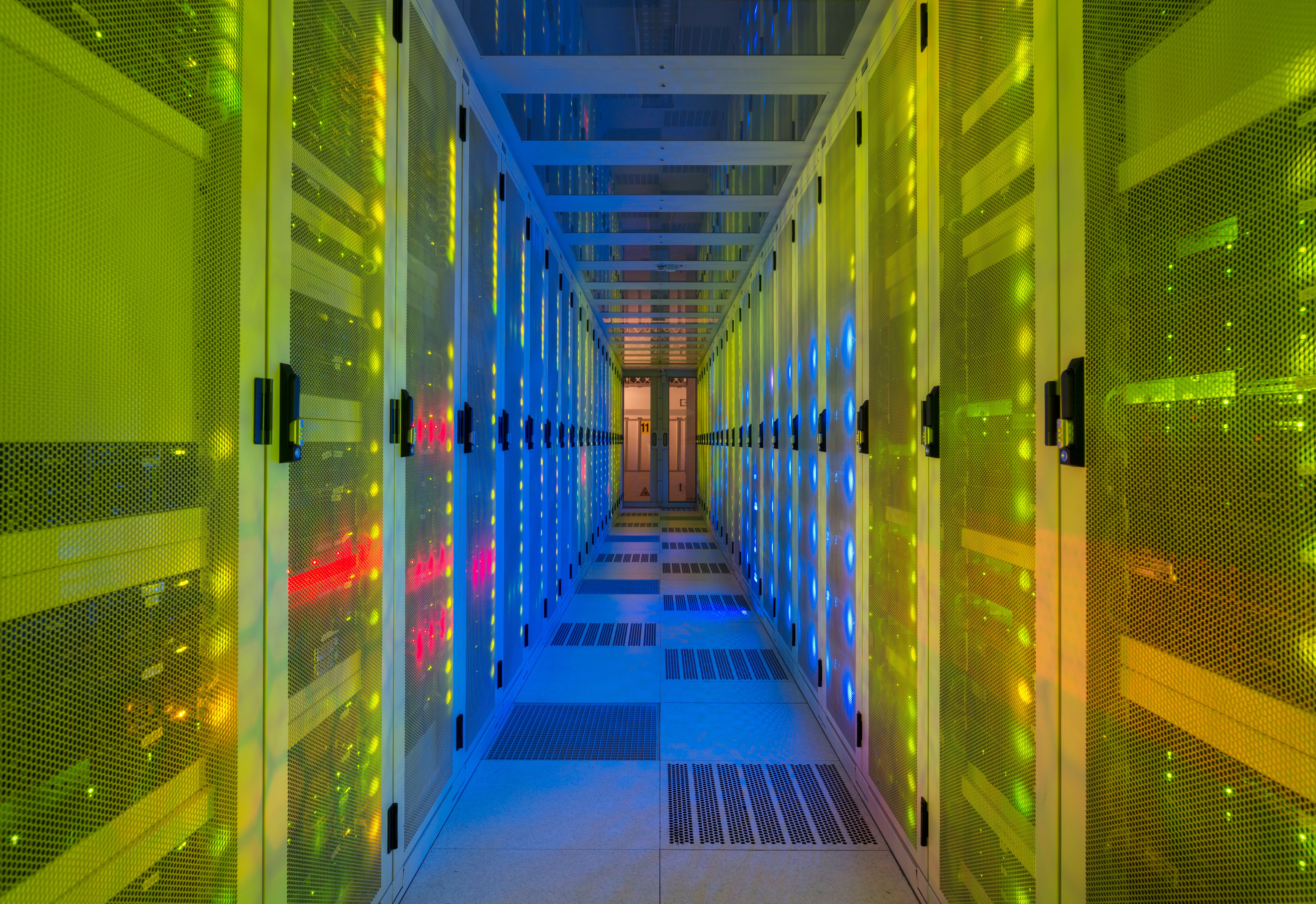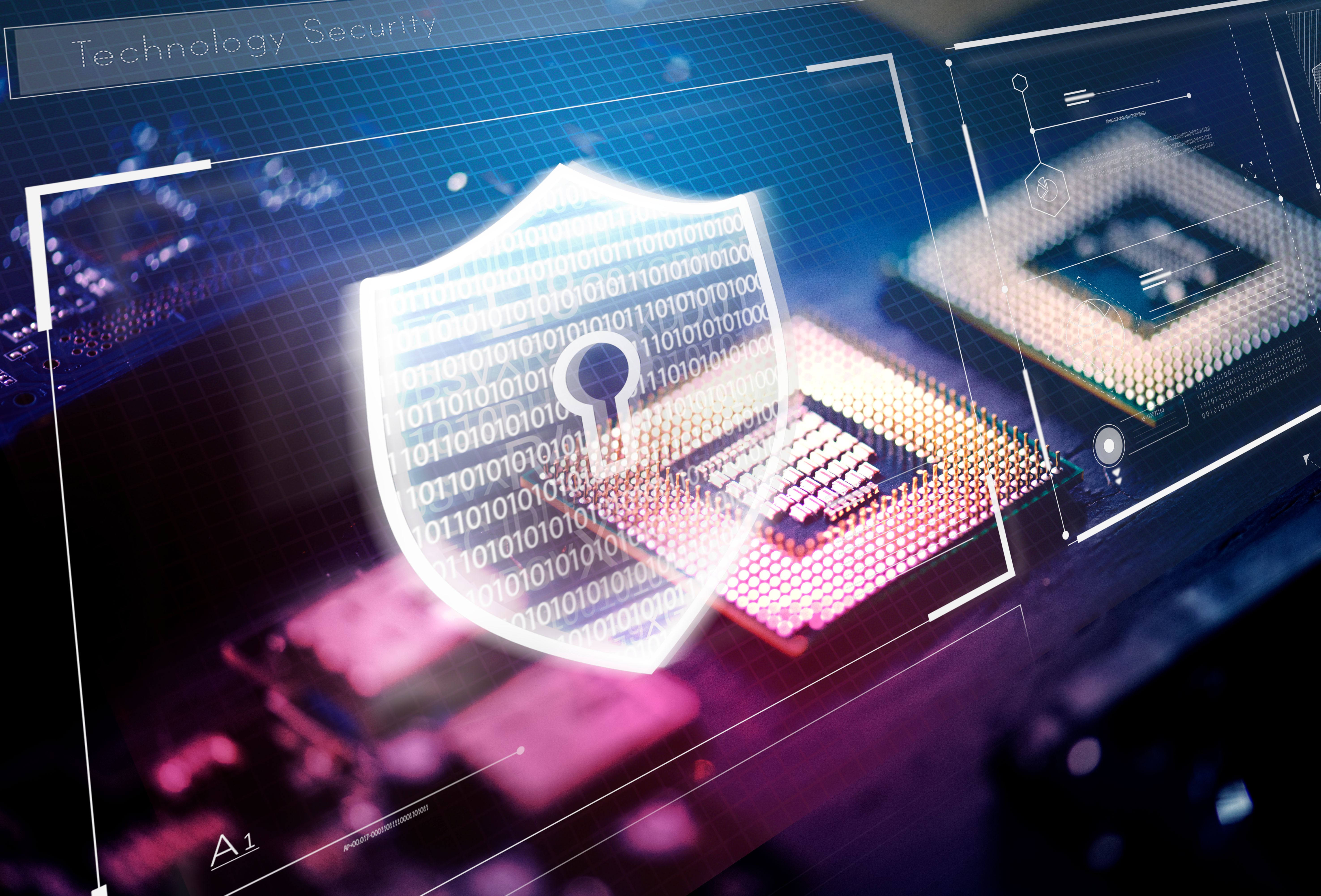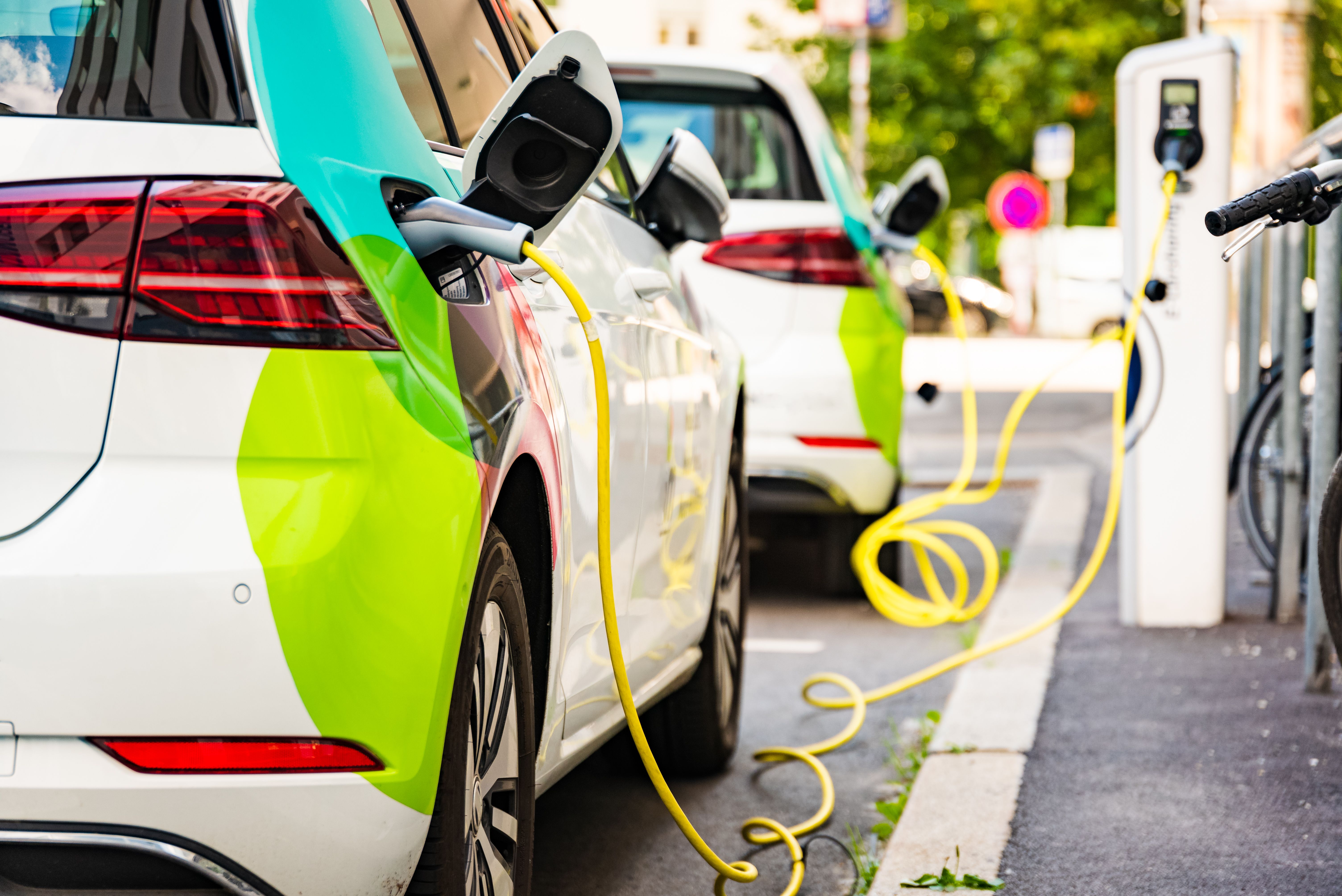Morocco Accelerates Towards a Sustainable Future in Manufacturing, Tech & Mobility
)
Morocco is quickly establishing itself as a dynamic hub for innovation and investment across manufacturing, technology and mobility. Recent developments underscore a clear strategic vision focused on technological advancement, attracting global players and embracing sustainable practices. From game-changing AI ventures to significant investments in electric vehicle production and ambitious plans for decarbonising transportation, the kingdom is signalling its intent to be a regional leader in the years to come.
Growing an AI-Driven Market
The rise of Hypeo AI, a Moroccan start-up that recently secured funding, exemplifies the burgeoning tech ecosystem. Their creation of Kenza Layli, a virtual influencer who gained international recognition, highlights the country’s innovative spirit and growing capabilities in artificial intelligence. This investment not only fuels the growth of AI-driven solutions in marketing, but also puts Morocco on the map as an emerging centre for digital creativity and technological development.
Further boosting this trajectory are the significant investments from global tech giants. Oracle's decision to establish a new R&D centre in Casablanca (focused on AI, cloud computing and cybersecurity) is a powerful endorsement of Morocco's skilled workforce and strategic location. The creation of over a thousand specialised jobs will undoubtedly stimulate enhanced innovation and knowledge transfer within the local tech community.
Similarly, Naver's plan to build a next-generation AI data centre in Morocco speaks volumes about the country's growing digital infrastructure and its potential to become a key node in the global data network. This influx of foreign investment and expertise will be crucial in accelerating Morocco's technological advancement and solidifying its position as a competitive player in the digital economy.

Mitigating the Challenges of Rapid Digitalisation
However, this rapid digitalisation also brings inherent challenges, as evidenced by the recent surge in cyberattacks targeting the kingdom's critical infrastructure. The fact that Morocco briefly ranked among the top three most targeted globally serves as a stark reminder of the importance of robust cybersecurity measures. The focus of these attacks on vital sectors such as energy, finance and telecommunications emphasises the need for continued investment and vigilance in safeguarding digital assets and protecting national security in an increasingly interconnected world.

Committing to Sustainable Industrialisation & Decarbonisation
On the manufacturing front, Morocco is making significant strides in the burgeoning electric vehicle (EV) sector. Leveraging its rich reserves of cobalt and phosphate – essential components for EV batteries – the country is strategically positioning itself as a key player in the global EV supply chain. The ambitious plans for an EV battery gigafactory in Kenitra signify a major leap towards creating a fully integrated EV manufacturing ecosystem. The goal of producing all necessary battery components and eventually complete electric vehicles within Morocco shows a commitment to sustainable industrialisation and aims to capitalise on the growing global demand for electric mobility solutions. This initiative not only promises economic growth and job creation, but also aligns with global efforts to reduce carbon emissions from the transportation sector.

This commitment to sustainability is further evidenced by the government's proactive measures to decarbonise the transport sector. The "IMPROVE" project is a stand-out initiative designed to lower vehicle emissions through a combination of regulatory and fiscal tools. IMPROVE proposes a feebate system; a market-based mechanism that incentivises the purchase of energy-efficient vehicles by imposing fees on less efficient models and providing rebates for greener alternatives. This approach aims to accelerate the adoption of cleaner vehicles and reduce the overall carbon footprint of the transportation sector. The government's significant investment of $2.72 billion to buy over 3,500 new buses (2024 – 2027) is another key step towards improving public transportation infrastructure and reducing reliance on private vehicles, while easing urban congestion and reducing emissions. These investments in sustainable mobility reiterate Morocco's commitment to a greener future.
In conclusion, Morocco is experiencing an exciting period of growth and transformation across its manufacturing, technology and mobility sectors. Driven by innovation, strategic investments and a clear focus on sustainability, the kingdom is laying the foundations to become an important regional player in these critical industries. While challenges such as cybersecurity threats remain, the overall trajectory points towards a future where Morocco is a hub for technological advancement, a key manufacturing base for future mobility solutions and a leader in the transition towards a greener economy.
To ensure you’re at the forefront of this exciting new chapter of growth, visit WAM Morocco from 20 – 22 January, 2026 at Foire Internationale de Casablanca.


